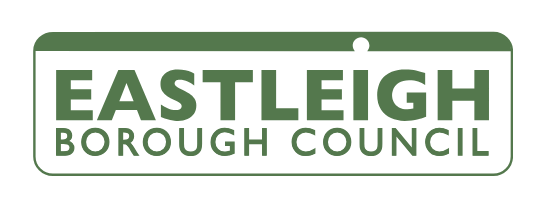Education never stands still – and nor should it. With the pace of innovation continually accelerating, new thinking, target shifts, and legislative changes are putting ever-greater demands on institutions and staff.
Why, then, are so many finance and accounting processes within schools stuck in the past? Persistent manual processing is causing many schools and academies to miss out on precious opportunities to simplify and streamline straightforward tasks, due to time constraints, inefficiencies, and human error. This can create a vicious cycle – frustration with time-intensive processes leads to increased employee turnover, which causes further costs, delays, and mistakes.
It’s time to reinvent education services for the future. Transforming to a modern finance function will help to drive continuous improvement throughout the sector, delivering greater value and improved outcomes to free up schools’ time and give them the breathing space to focus on what matters the most.
Building resilience within finance teams
A key challenge facing many educational establishments is the recruitment and retention of finance and accounting staff. With vacancies surging across all support staff jobs in secondary schools and sixth-form colleges, many institutions cannot rely on a stable, robust pool of talent and resources. This presents a variety of problems, especially as inexperienced and overstretched staff are prone to making costly errors.
Financial inefficiencies and inaccuracies are detrimental at the best of times, but especially now as the regulatory screws tighten further. According to Stephen Morales, CEO of the Institute of School Business Leadership (ISBL), increased scrutiny and accountability to numerous external agencies and internal stakeholders is piling the pressure on those responsible for financial oversight and strategic resource allocation, as they need to consistently meet their evolving regulatory responsibilities while also maintaining the appropriate mechanisms to monitor and report on progress and risk. Now, more than ever, agile and resilient finance teams are needed in schools.
Meanwhile, the wider accountant shortage persists across industries – so the most skilled professionals are likely to command a premium that few educational institutions can afford. In any case, internal teams are becoming increasingly likely to churn, which presents particular challenges during seasonal spikes in demand.
Manual processes: the CFO’s enemy
Nobody likes being left out of the loop, and senior financial leaders within education are no exception. Even data that is ‘only’ two or three weeks out of date can give CFOs a woefully inadequate picture of their spending or their capacity to reduce the impact of unnecessary costs. The figures presented are simply a snapshot of how things were – not a true reflection of current business continuity needs.
The problem is that too many accounts payable processes are still primarily in-house and heavily manual. These outdated manual and paper-based processes limit the value the finance team can offer. Some teams still even print their invoices, which is not only inefficient and unreliable but also wastes money as staff squander hours checking invoices, inputting data, and scheduling payments manually.
Process inefficiencies within schools and academies are also leading to delays in closing management accounts. In the world of education, a lot can happen in a short space of time, particularly as institutions come under mounting financial pressures and budgetary constraints. For example, the headteachers’ union, NAHT, says that many schools are now considering cutting teachers or teaching hours, in a bid to reduce the strain on education budgets. Stakes are at their highest, and without access to the timeliest, most accurate information, finance and administrative teams are put under further pressure.
How Liberata can help
There is a much better way to strengthen and stabilise the finance function within education, all the while ensuring that accounting processes are efficient, effective, and streamlined. How? By choosing the right outsourcing partner.
Traditionally overlooked by many institutions outside of payroll, outsourcing enables schools and academies to do more across the entire finance function – much more time- and cost-effectively. With a resilient pool of people and systems ready to be called upon to flex as much as required – without the need for time-intensive training – a trusted and reliable operating partner like Liberata can help educational institutions deliver their finance services efficiently, accurately, and economically.
Liberata is the friendly face of outsourcing. With decades of experience in transforming finance and accounting processes, we have many clients within the education sector. We innovate with services and technology to simplify complex tasks and processing activities, helping teams to increase efficiencies and reduce costs.
With Liberata’s outsourced services and support, finance teams within education benefit from a fully managed, scalable, and efficient solution that delivers the same level of work as a multi-person team. This can free up significant time, resources, and overheads, empowering institutions to develop a modern and sustainable finance function whilst ensuring the focus remains on shaping the education of the future generation.
With a wealth of knowledge and expertise on the range of financial issues facing schools, academies, and other educational establishments, Liberata’s Virtual Network of UK-based finance professionals enables us to provide resources at short notice and provide resilience to meet any increases in demand without the need for recruitment, as well as delivering unparalleled business continuity capability. Contact us to discover more about how Liberata’s outsourced education services offer institutions real value for money, allowing you to focus on what really matters – making the right, timely decisions to improve educational outcomes.





